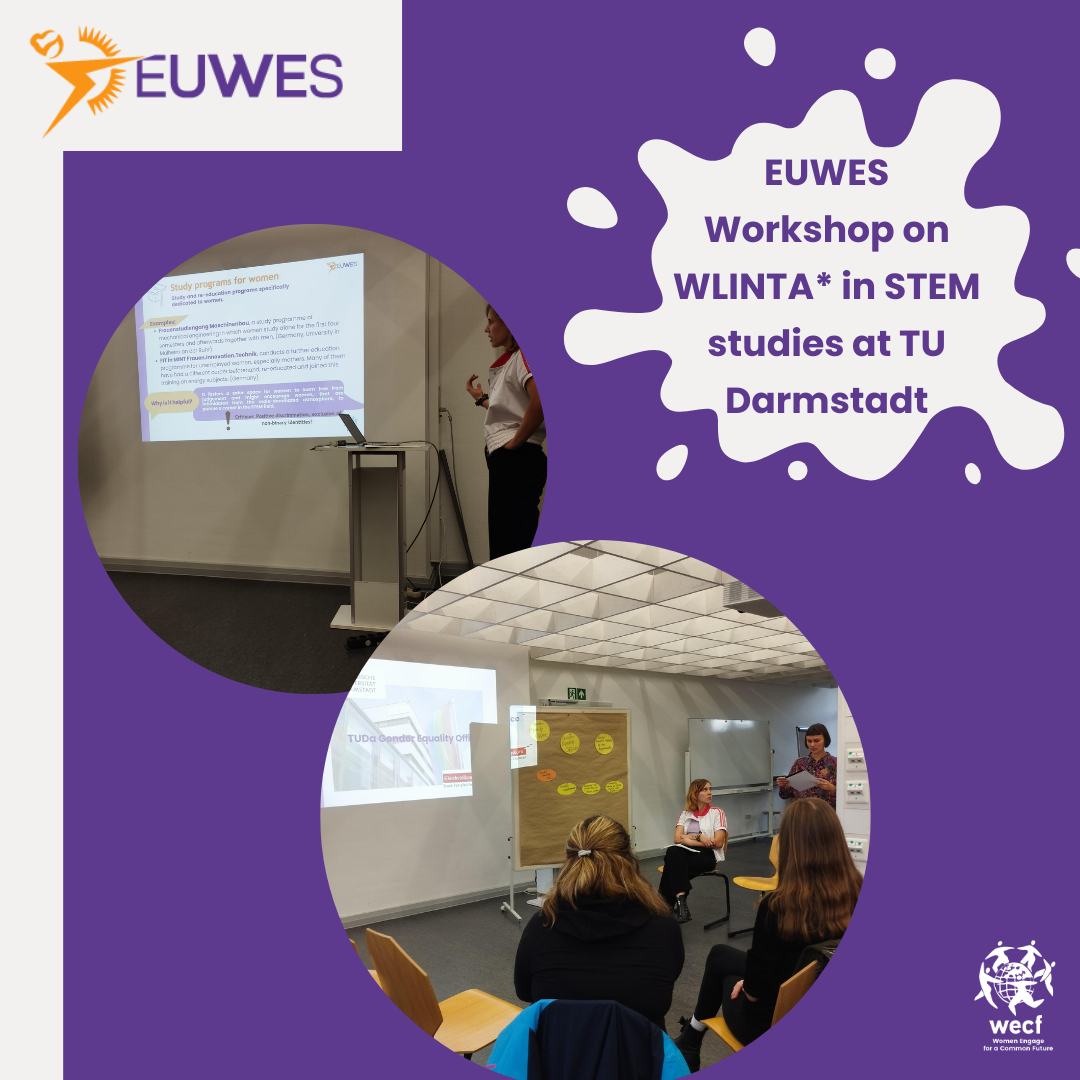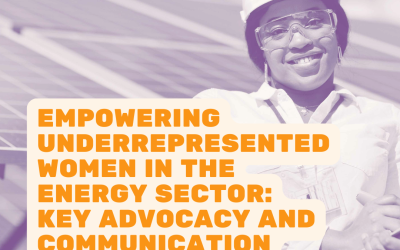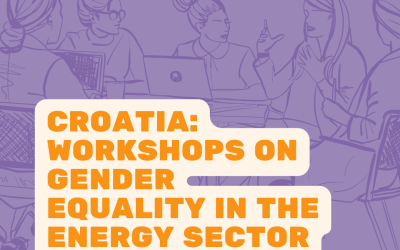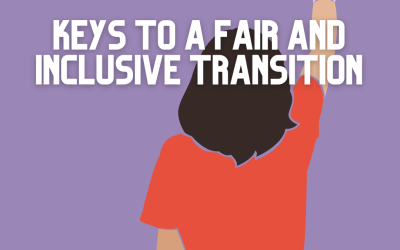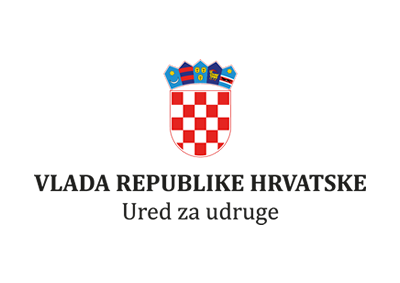A first step in closing the gender gap in the energy transition is to address gender issues in education, before students enter the workforce in the energy sector.
Aiming for Gender equality in STEM studies is a key lever to address the underrepresentation of women in the energy sector. Due to various structural root causes and barriers, WLINTA* are still underrepresented in STEM studies. In Germany, the number of women in STEM subjects has increased, but often does not exceed a share of 35%, with the exception for interior design, with 88.2% of women in 2021.
To address this issue of gender disparity in STEM, Women Engage for a Common Future (WECF) organised two workshops together with the Gender Equality Office of the Technical University of Darmstadt.
On Wednesday 30th October, the workshop “WLINTA* in STEM – paths to enhance diversity” took place. Using interactive methods, the two hours workshop, targeting WLINTA students, enabled a safer space for self-reflection and sharing of experiences on gender stereotypes, lack of awareness and barriers that are faced by WLINTA* in their STEM studies at TU Darmstadt.
A representative of the TU Darmstadt Gender Equality office presented the measures that their office is implementing to address gender imbalances, such as guidelines on anti-harassment, advice centers and mentoring programmes. The WECF trainers presented best practice examples of women’s-only study programmes, gender awards and programmes for including gender aspects in STEM disciplines. These programmes were discussed with the participants, highlighting what was most practical and important to them. A self-reflection questionnaire allowed the participants to reflect on existing programmes, their career paths and their needs for changing university structures to be more gender equitable.
The workshop concluded with the sharing of some of these visions for changing structures at university level. Although there is quite some hope for increasing gender equality in STEM, there is still a lot of work to be done. When will we finally close the debate on how to increase the representation of WLINTA* in STEM?
Since a lot of work needs to be done on institutional level, hence by the university as an institution itself, WECF and the TUDa Gender Equality Office prepared a workshop for a broader target group, including professors, lecturers, university staff and students. This workshop “Gender mainstreaming in energy study programmes – Together on the path to a sustainable and fair future” was planned for the 31st of October as part of the Sustainability Day of three universities in Darmstadt.
The content of the workshop aimed at incentivising a joint exchange and reflection on existing gender stereotypes and biases in STEM degree programmes. This should delve into showcasing best practice examples of German universities implementing gender mainstreaming approaches in STEM subjects. Ideally, the workshop participants were required to enter a group work for developing an interdisciplinary seminar or module that takes gender aspects into account.
However, this last workshop could not be conducted as planned due to a limited number of participants. There is a general awareness in research that gender equality is relevant in the cis-male dominated field of STEM, backed by studies that shed light on problems of sexism and gender-specific barriers at technical universities, in energy companies, architecture and engineering firms. However, as soon as terms such as “gender” or “woman” are included in capacity building programmes, such as the one offered here, feedback is given by especially cis men that it is a “women’s topic” and therefore not of their concern or their interest. This makes feminist work in the energy sector a sometimes tiring effort, especially when time in invested in capacity building events that aim to highlight the joint responsibility to change the patriarchal system embedded in STEM education, research, and economy. It should at least be the task of universities and their employees to ask for whom especially technical progress is important, who benefits from it, who can participate in it financially. We should all ask ourselves for whom we are building the energy transition, for whose future we are argumenting and who is actually involved in the decision-making process about the energy transition and energy technologies? This is not and should not be considered a women’s issue. To discard it as such is to ignore the social dynamics that have shaped the current structures in which we live and work in, and to deny the dangers of progress- and technology-for-the-sake-of- technology-oriented thinking that fuels anti-democratic and anti-feminist thinking.
WLINTA*: Women, Lesbians, Intersex, Non-binary, Trans and Agender people
